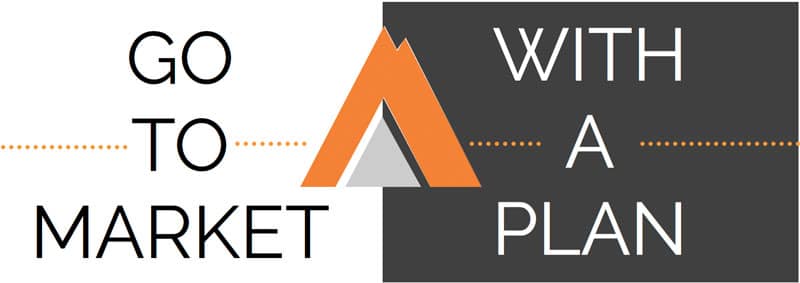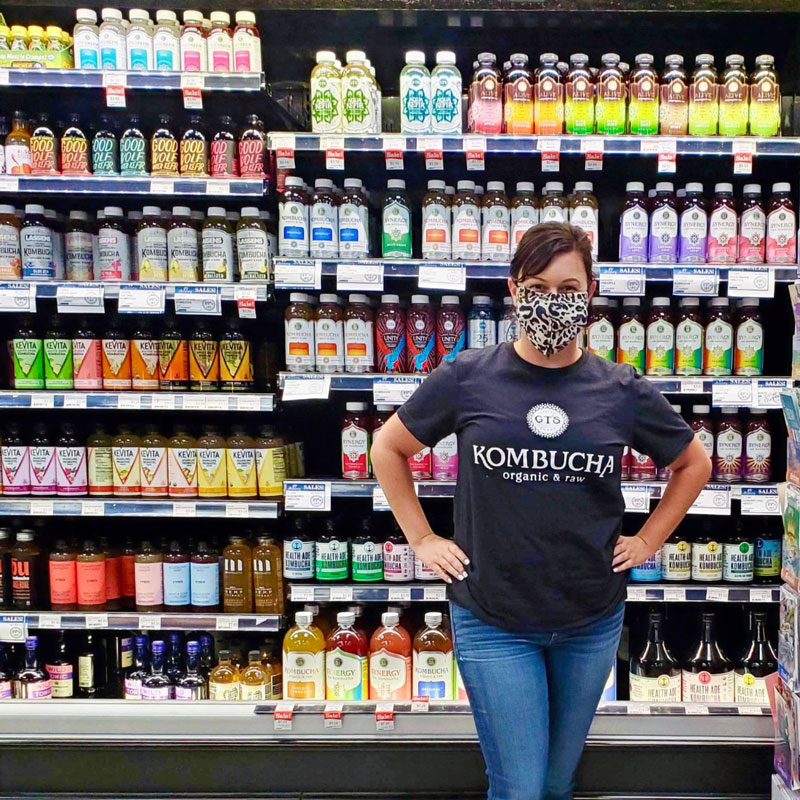When we updated our website, I got a few questions about the new services we’ve added, mainly the Go-To-Market Strategy Consulting. I think it might have come as a surprise to some of our followers, who are made up of about half brand ambassadors and half health food brands (and a few agencies who spy on us, lol).
So, in today’s blog I’d love to explain what this is and how it fits into the HFA portfolio. Warning: for some of ya’ll this will be a snoozefest. But for those of you who are launching a product, this could help you identify key focus areas that are critical to success.
First, let me unravel what a go-to-market strategy is and why it’s important. When an entrepreneur makes a new product, they have to figure out how to get it into consumers’ hands. This is more complicated than it may seem. The Field of Dreams motto, “If you build it, they will come,” doesn’t really work here.

Here are 6 critical things you’ve got to get right before you put your product on the shelf:
1. What is your “why?”
Why did you create this product? What need does it fill?
2. Who needs this product?
Athletes? Moms? Young professionals?
What age are these people?
Identifying this person is important, even imperative. The more detailed you can get in defining your target consumer, the better. This person shapes where and how you invest your marketing dollars.
3. Where can you reach your target consumer?
Is the best place online? In person? Both?
It’s always important to pinpoint where to best spend your marketing dollars, especially when you are just launching. The better you know your target demographic, the better you can determine where you will be able to create genuine, cost-effective relationships with them.
4. How is your product different than your competitors?
It’s important to identify how your product is similar and how it differs from your competitors. This way you can clearly talk to you target customer about what sets you apart. For example, let’s imagine you are making a new, organic, low-sugar juice beverage. If all your competitors are organic, you may want your marketing materials to include the organic seal; however, you won’t want your marketing to be centered around this fact since it does not set you apart from your competitors. But, if you have half the sugar as your competitors, that’s your sweet spot (pun intended)!


5. What price point will the market bear?
I’m a serial entrepreneur and I have abandoned ideas based on this principle. If I create a wonderful product, but the cost of the product is more than the market will bear, the business model is fundamentally flawed. So, take a look at what your competitors charge. Often, customers will pay a 20% premium for a product they feel is superior or in line with their personal convictions. However, most customers will not pay 200% more.
6. What is the sales cycle?
How are you closing the first sale? With a discount? A free with purchase promotion?
Once a person purchases your product, will they need to purchase again? If so, with what frequency? How are you following up with them, ensuring you stay top of mind?
7. What does success look like?
If you’ve read anything I’ve written, you know I’m big, really big, on goal setting. So, before you begin, identify how you will measure success. Sales? Growth? Number of new customers acquired? You can have more than one goal, but identifying how you will measure success is critical. This allows you to see if you’re on track and celebrate successes along the way.
While this is in no means an extensive list of the planning and decision-making that goes into launching a new product, we hope it gives you a place to start.

With my background as a Key Account Manager at a quickly growing CPG* brand and, of course, an entrepreneur, I find myself offering feedback on many of the topics listed above to potential clients all the time. As we have deepened our relationships with these innovative brands, we are finding there is a need for this as a stand-alone service. If this process seems daunting, feel free to reach out to us to help guide you in your go-to-market journey.
Bon voyage!
*CPG: Consumer Packaged Goods. This can be anything from toothpaste to makeup to beer. Anything that customers commonly need to replenish.




